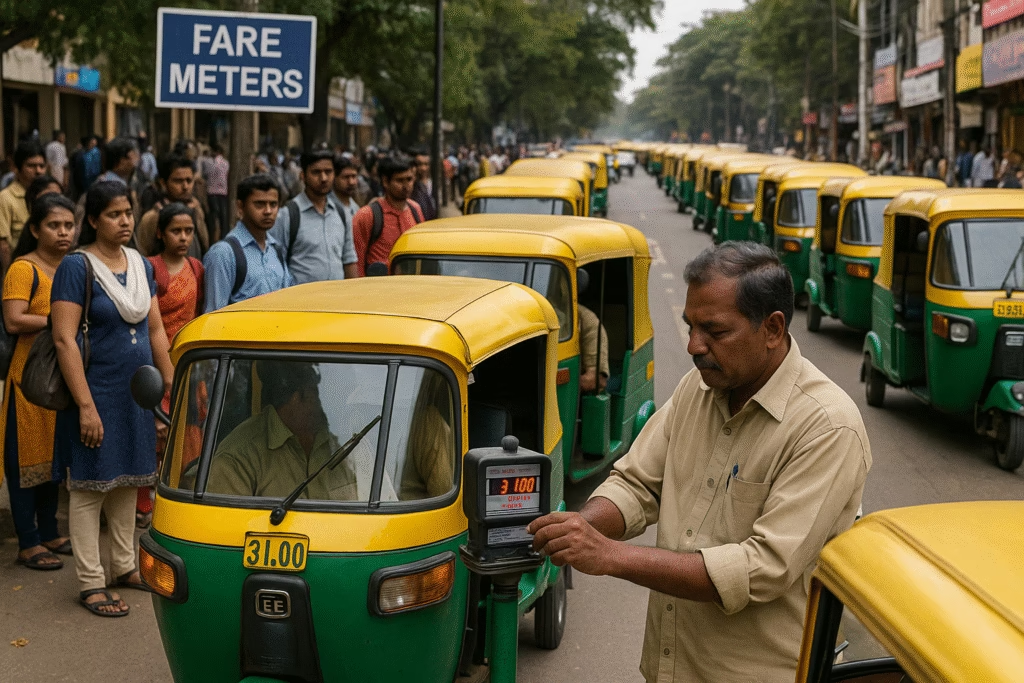
Bengaluru auto fare hike
Autowallahs Take a U‑Turn: Bengaluru Auto Fare Hike That’s Stirring a Citywide Commute Crisis
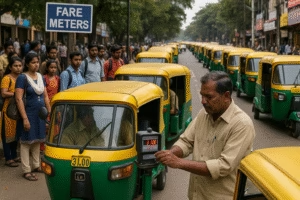
📉 What Changed? Why the Bengaluru Auto Fare Hike Was Announced
For the first time since late 2021, Bengaluru is set to increase auto‑rickshaw fares. The base fare is rising from ₹30 to ₹36 (up to 1.9 km), while the per‑kilometre rate goes from ₹15 to ₹18—a 20% hike overall.
This update stems from a proposal by the local District Transport Authority, commissioned by a five‑member panel. They considered rising fuel prices, growing traffic congestion, and lobbying from auto unions. Though unions demanded even heftier rates (₹40 base, ₹20/km), the panel opted for a moderate hike.
The Karnataka Transport Minister, Ramalinga Reddy, endorsed the recommendation, and the state government is now awaiting final approval from Chief Minister Siddaramaiah.
🏍️ Why Now? The Bike‑Taxi Ban Domino Effect
The long‑delayed auto‑fare rise coincides with Karnataka’s statewide bike‑taxi ban, enforced on June 16, 2025. The High Court upheld the ban, citing safety and regulatory concerns, and ordered bike‑taxi operators like Rapido to cease operations.
This ban galvanized auto unions, who argued bike taxis undercut meter pricing and lacked regulation. In the week after the ban, traffic delays surged by 18%, and social media erupted as commuters complained of “auto‑mafia” pricing, skyrocketing fares, and ride refusals.
With bike taxis off the streets, commuters now rely heavily on autos during peak hours—fueled further by app‑based tip demands and dynamic pricing, squeezing wallets across the city.
🗣️ Voices from the Ground
Public Outcry
“Dude what’s going on??? … They first almost double the metro prices, ban bike taxis and now this? … How is the economy supposed to grow if they keep making day to day travelling so expensive?”
Commuters describe daily chaos—refunds, cancellations, and extortionate tips during surge hours. Even tipping extra (₹40–₹70) can still leave you without a ride.
Political Pressure
Bangalore Central MP P. C. Mohan has voiced growing concerns, urging regulation. He demands enforcement of a ₹35 minimum fare as per High Court orders, warning that commuters have lost over ₹1,000 crore due to unchecked fares.
He cited cases where a 1.5 km auto ride costs over ₹70, and a 4 km journey was billed at ₹184—labeling it “daylight robbery” and urging cancellation of errant driver permits.
Auto Unions’ Perspective
Autowallahs claim they bear the brunt of operational costs—fuel, maintenance, insurance—and that the municipal fixed fare hasn’t kept pace. They defend tips and app surge as driver-centric balancing mechanisms.
They also point out that without bike taxis, commuters have no lower-cost alternatives during peak hours.
🔍 Regulatory Response So Far
- Transport Minister Reddy has admonished auto unions and apps for overcharging, calling it a “daylight robbery,” and warned of permit cancellations starting June 28.
- The Transport Commissioner has been tasked with investigating violations of meter‑based fares, especially apps that have surged prices by 20–30%.
- The High Court capped app ride fares at 10% above base plus 5% GST—but commuters allege this is being violated.
🚶 Impact on Commuters
| Issue | What’s Happening |
|---|---|
| Fare Shock | Base fare up 20%; app rides ~25–50% costlier |
| Reduced Availability | Autos skipping app rides or demanding tips during peak hours |
| Traffic Delays | 18% increase in commuter traffic post bike‑taxi ban |
| Commuter Stress | Reports of missed meetings, longer waits in heat |
🔍 Expert & Editorial Views
- Economic Times and Times of India argue the bike‑taxi ban has worsened gridlock and mobility woes, urging swift regulation or reversal.
- Opposition MLA Arvind Bellad labels the ban “shortsighted and politically motivated,” defending the livelihoods of ~150,000 bike‑taxi drivers.
🛣️ What Lies Ahead?
- Final Approval: Fare hike awaits Chief Minister’s nod. Once cleared, recalibration across the city could take months.
- Policy Redesign: Growing calls to legalize and regulate bike taxis again.
- Stricter Enforcement: Government reviews app driver conduct with intent to cancel permits for violations.
- Long-Term Urban Planning: Experts urge investments in public transport and last-mile connectivity.
✅ Key Takeaways for Readers
- Expect to pay ₹36 for the first 1.9 km and ₹18 per km thereafter soon.
- App-based rides may still carry tip demands or surge charges until regulation tightens.
- Look for recalibrated fare stickers before boarding.
- Commuters should report violations to the Transport Department or the ride app.
💡 Tips to Save on Commutes
- Book Off-Peak: Avoid peak hours for cheaper fares and better availability.
- Use Cash: Meter + small tip is often cheaper than app rides.
- Carpool: Use shared autos or cabs to split costs.
- Report Cheating: Note details and lodge a complaint online.
🔚 Final Word
Bengaluru’s 20% auto-rickshaw fare hike reflects the complexities of urban transport management. Once seen as affordable last-mile options, bike taxis were banned—but instead of regulating them, authorities chose to raise auto fares, inadvertently passing the cost to commuters.
With systemic issues unresolved—ongoing fare violations, meter delays, inadequate public transport—the city risks deeper gridlock and financial stress on everyday users. Policymakers must revisit urban mobility holistically, balancing regulation, enforcement, and infrastructure.
About The Author
Discover more from Trendy India News
Subscribe to get the latest posts sent to your email.
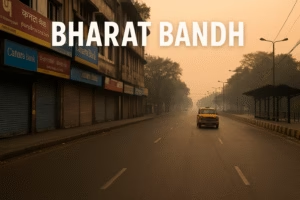
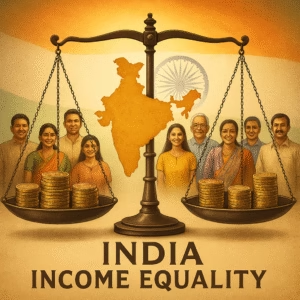
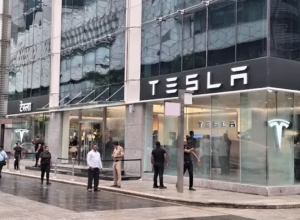


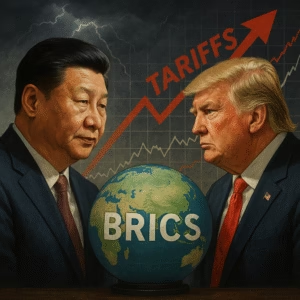
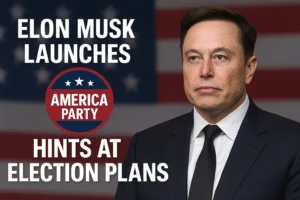
1 thought on “Bengaluru Auto Fare Hike: Post Bike‑Taxi Ban Crisis Explored”